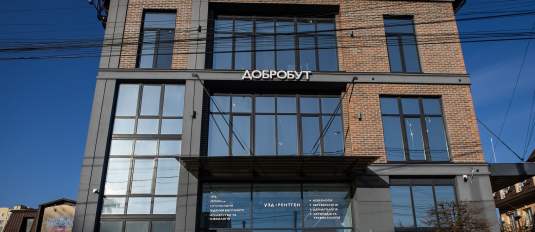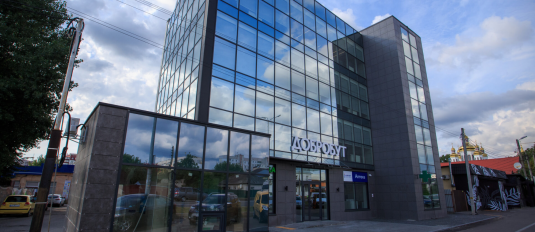Polio vaccination - why to do it, how to prepare, possible complications
Polio vaccination – is it worth it and at what age
Polio vaccination is the only way to protect a child from a viral disease, the consequences of which can lead to disability. The most severe manifestation of polio is paralysis – the disease in this case will begin immediately with a sharp increase in body temperature, the child will have a cough and runny nose, and problems with the digestive system may appear. Literally three days after the onset of the disease, the patient will complain of pain in the limbs and back. In the future, the disease may result in paralysis (immobility) of the limbs. Only the polio vaccine can prevent infection, thanks to it, epidemiological outbreaks do not occur.
Types of polio vaccines
In modern medicine, two types of vaccines against this disease are used. The main difference is in the way the vaccine is administered to the child:
- The oral live vaccine, which contains weakened live viruses, is dripped into the mouth
- The inactivated vaccine, which contains killed disease viruses, is administered by injection.
There is an opinion that the oral vaccine is more effective, and it is after it that stronger immunity to the disease is developed. But some doctors refute this opinion - children often vomit after oral administration of the vaccine, which makes it impossible to correctly calculate the dosage, and the requirements for its storage are very high.
According to the conclusions of research programs, it is believed that the first vaccination should be carried out by injection, and revaccination - orally, because by this time the baby has already developed strong immunity to the disease.
According to the latest recommendations, all doses of the polio vaccine can be inactivated, that is, in the form of injections.
Usually, the inactivated polio vaccine is part of complex multicomponent vaccines that are administered to children according to the national vaccination schedule.
Adults are usually not vaccinated against polio, however, if for another reason it is necessary to administer a vaccine that contains polio - this can be done, there are no contraindications.
Preparation for vaccination
DTP and polio vaccination are carried out comprehensively at the age of 2 months. The main requirement is that the child must be absolutely healthy! If the parents have any doubts about the child's health, it is better to postpone the vaccination day to a later date. If the baby has an allergic reaction - you need to inform the doctor about this and also postpone the vaccination date.
Before vaccination, it is necessary to undergo an examination by a doctor and obtain permission from a specialist.
Vaccination schedule for polio
Parents should know at what age it is necessary to vaccinate the child. Polio vaccination schedule:
- 1st vaccination – 2 months
- 2nd vaccination – 4 months
- 3rd vaccination – 6 months
- 1st booster – 18 months
- 2nd booster – 6 years
- 3rd booster – 14 years.
Polio vaccination is not performed on children in a year, but if a child is vaccinated outside the schedule (for example, the reason for postponing the vaccination date may be the baby’s illness), the doctor will draw up an individual vaccination schedule.
You can find out more about how many polio vaccinations should be done and what age range the vaccination should fit into on our website: https://dobrobut.com/.
Possible consequences of vaccination
Most often, the child does not have any reaction to the polio vaccination – he behaves as usual, is not capricious. If a child is vaccinated by injection, then swelling and redness may occur at the injection site, which will not exceed 8 cm in diameter.
The temperature from the polio vaccination may rise, but this does not happen immediately after the vaccine is administered, but after 5-14 days. Very rarely, parents may notice an increase in stool frequency, which is not intense.
Polio is a dangerous infectious disease, there are no preventive measures against it, only timely vaccination will help. Should I get vaccinated against polio? This should be decided by the parents. It is worth remembering that vaccination does not pose any danger, and the polio virus can lead to many problems. Polio vaccination (vaccine) will be safer and more effective if a drug with inactivated viruses is used.
Article author - Rykova Stanislava Oleksandrivna
Article reviewer - Rykov Oleksiy Arkadiyovych





























%402x.png)
%402x.png)
